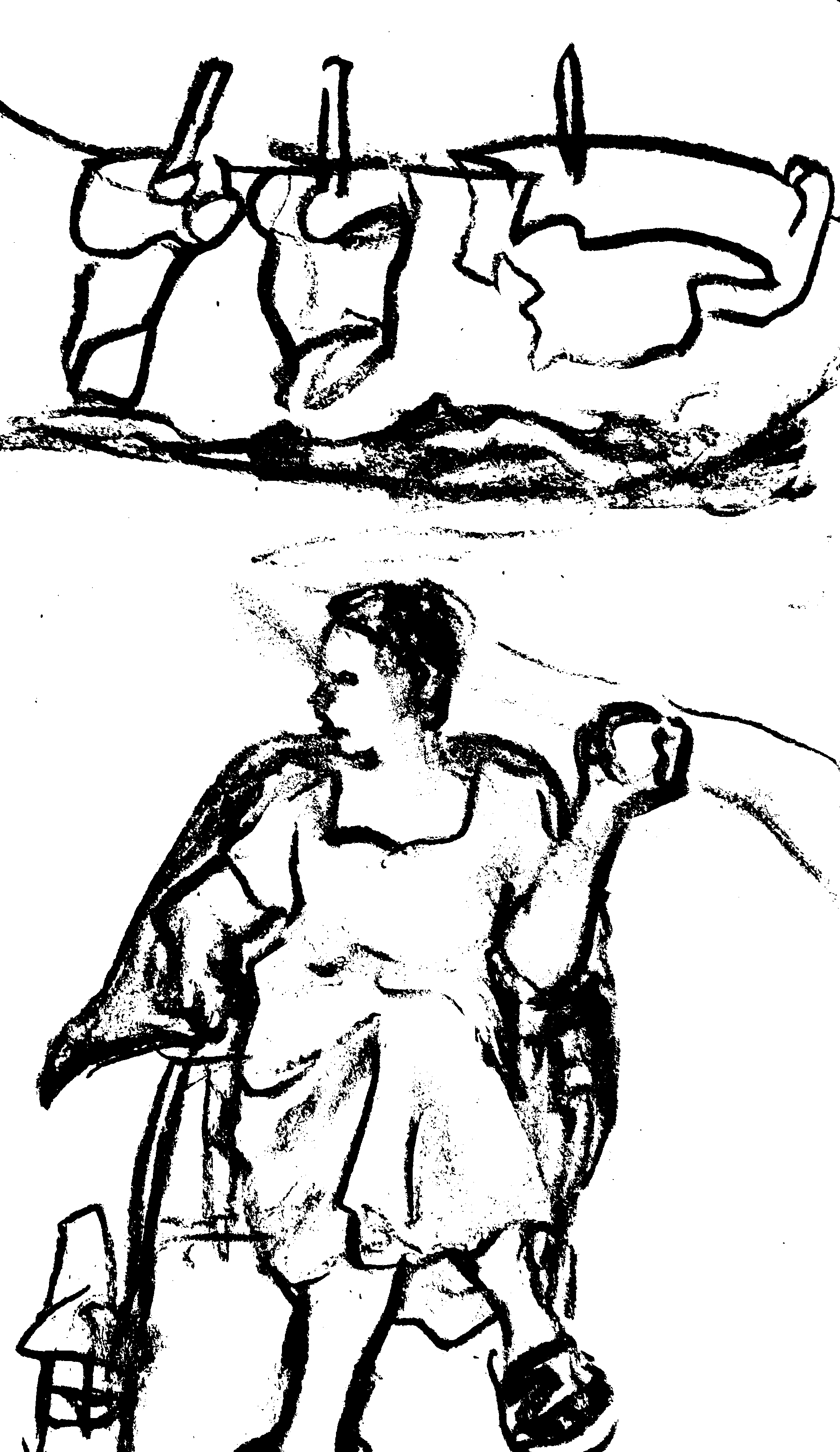 Kyra Tan
Kyra TanCome Oscar Sunday, it should not be a surprise if (and when) Chloé Zhao’s “Nomadland” wins the coveted Best Picture prize. It was clearly an early favorite, even in a year full of many impressive films. “Nomadland” has the makings of a standard neo-adventure film and remains in the vein of Sean Penn’s “Into the Wild,” but what makes it stand above the competitive films of this year is its inadvertent poignancy. Had it not been for the pandemic, the film would still have been impressive; yet, the fact that “Nomadland” continues to speak to and astound everyone is due to the world we are living in. So, I thought I should take the time to dissect what makes this film so unique and why it is resonating so deeply with audiences at this moment.
“Nomadland” is based on Jessica Bruder’s book, which takes a look at the people forced to travel the country in search of jobs while living out of their vans. The film follows Fern, played by Frances McDormand, a woman from Empire, Nevada who is forced to relocate when the company closes its mine in 2011. Fern decides to take her white van, which she calls “Vanguard,” throughout the United States as she looks for different places to work, from small burger joints to Amazon warehouses. She adapts to what is considered the “nomad” lifestyle that many middle-aged and older, middle-class people fell into due to the Great Recession.
One of the most important aspects of this film’s resonance comes from the authenticity it brings. Chloé Zhao, an alum of Mount Holyoke College and New York University Tisch School of the Arts, has an exceptional talent for accurately depicting people and their lives. In her 2017 film “The Rider,” Zhao illustrated the life of Brady Jandreau, a young cowboy who suffers a horrific accident and looks for a new purpose in his life. The most accurate way to portray Jandreau, in Zhao’s perspective, was to use him as the lead actor. In “Nomadland,” there are only two professional actors: Frances McDormand and David Strathairn. Everyone else in the film plays themselves. This authenticity brings a kind of documentary feel to the film and pushes the boundaries of what a narrative film can look like. Having non-professional actors makes the stories told all the more real and heart-wrenching.
In a world shaped by COVID-19, it is hard to form new relationships. It is difficult to strike up a conversation without remembering the reality of the virus that has caused so much strain, and that is something many of us probably miss. Film can be a way to look into other people’s lives, but “Nomadland” brings you into an entire community, making the experiences you see on screen even more impactful.
The content of “Nomadland” is especially poignant, as it provides the viewer with much-needed self-reflection. This film follows people who have lost life partners, homes and jobs. In our world, we might be facing a different circumstance, but the pain is still shared. “Nomadland” shows that there is much to overcome. It will not be easy to do so, and not all of it can be fixed by yourself. However, this film also does a great job of describing life that came before the “nomad” life. There are happy memories that still simmer in our brains, even if they eventually led to some sort of loss. The themes of “Nomadland” are difficult to grapple with, but they are important questions to ask, nonetheless. How does one overcome? How does one grieve? How does one honor? These are questions that millions of people are asking themselves right now, and even though they are in different contexts, “Nomadland” acts as a guide through figuring out answers for ourselves.
This film is especially impactful in its depiction of the exploration that people can do under intense circumstances. The beautiful landscapes of “Nomadland” made me want to get up and drive somewhere after I finished it—nowhere specific, just somewhere to experience. I think that is a perfect example of one of the many things that we want once this pandemic is “over.” We want things to come back; we want to have new experiences and go live. “Nomadland” shows viewers that experiences can be had after overcoming a certain hardship, but it is critical to live through that difficult period to begin with. No one really knows where they are going right now, but this film tells us that wherever it is, at least we will just be there. To some, this is not the best movie of the year, but it is undoubtedly the film that represents our current world. “Nomadland” is a work of art that has helped millions of people understand a dark time, and that is no small feat.
"film" - Google News
March 12, 2021 at 12:58PM
https://ift.tt/3tfqmAi
How “Nomadland” became the quintessential pandemic-era film – The Bowdoin Orient - The Bowdoin Orient
"film" - Google News
https://ift.tt/2qM7hdT
https://ift.tt/3fb7bBl
Bagikan Berita Ini














0 Response to "How “Nomadland” became the quintessential pandemic-era film – The Bowdoin Orient - The Bowdoin Orient"
Post a Comment